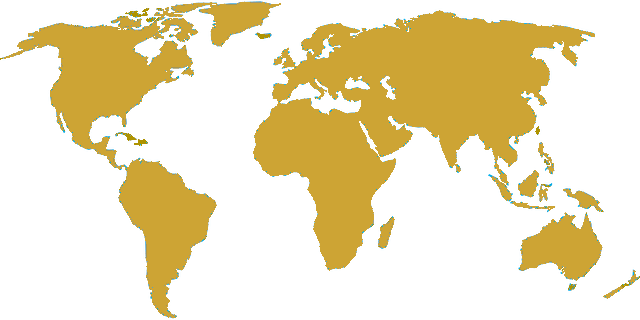Energy Transistion
The industrials sector is crucial to global economic health. The importance of the transition from an unsustainable economy based on fossil resources to a sustainable bio-based economy has to be urgently delineated, as part of the overarching transition from an unsustainable linear economy to a truly green and sustainable circular economy based on resource efficiency and waste minimisation by design.
Chemical industry and materials science is entering a new green, high-value and intelligent era.
The material basis of a sustainable society will depend on chemical products and processes that are designed following principles that make them conducive to life.
We believe Industrials Leaders understand the factors that shape performance in their business sector, they may be able to keep their organizations on a robust long-term growth trajectory in the context of Energy Transition .
This new chapter in the human evolution is strongly based on breakthrough, transformative, world-changing technologies as a collection of technologies, that will have a profound effect on our lives.
We at GOLDWATER SUISSE spent the last decade to seek and selected such a transformative technology and combined them through collaborative interfaces that allows to design platform for the production of bio-active molecules, natural active ingredients, advanced foods, bio-based fuels.
The experience, capabilities and expertise of our Team of Professionals has been concentrated and focused to build up a portfolio of wide technologies and professional services on :
- 'greener' process for extracting compounds from agricultural and food waste;
- Technologies for green chemistry and the “E factor concept "*” like as:
- green catalytic processes such as aerobic oxidations of alcohols, catalytic C–C bond formation and olefin metathesis;
- Solvent losses as the major source of waste in the pharmaceutical and fine chemical industries and solvent reduction and replacement strategies, including the possible use of neoteric solvents, such as ionic liquids and deep eutectic solvents;
- Biocatalysis in the synthesis of active pharmaceutical ingredients.
- E factors calculation and optimization for the manufacture of fine chemicals and active pharmaceutical ingredients (APIs), where energy usage is often not allocated to individual products in multipurpose production facilities. In contrast, energy efficiency and CO2 generation can't be disregarded in the production of commodity chemicals in the bio-based economy.
- Integrated renewable energy and bio-based fuels platform for the production of HVO, SAF and advanced bio-lubricants.
*A higher E factor means more waste and, consequently, greater negative environmental impact. The ideal E factor is zero. It can also be calculated, for a particular product, production site, or even a whole company, from knowledge of the number of tons of raw materials purchased and the number of tons of product sold.


